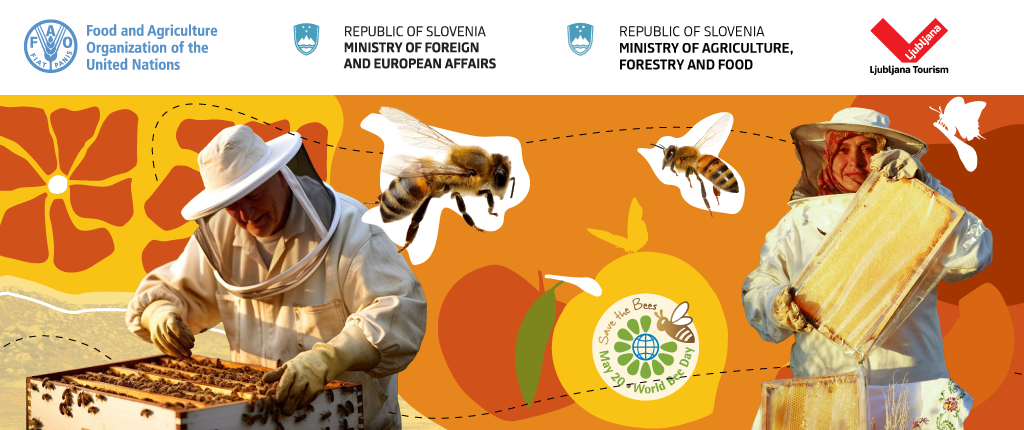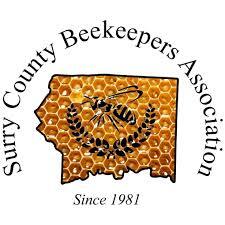NRCS Announces EQIP Signup for 2018 Funding, Apply by October 20, 2017
Providing Conservation Practices to Protect Natural Resources
West Bend/Sheboygan Falls. – August 16, 2017 Farmers and forest landowners will want to plan ahead and sign up early for USDA conservation funding. Michael Patin, USDA Natural Resources Conservation Service (NRCS) District Conservationist in West Bend and Sheboygan Falls, announced farmers and forest landowners interested in the Environmental Quality Incentives Program (EQIP) need to apply by October 20, 2017, for funding in 2018. Applications are being taken at the West Bend and Sheboygan Falls Service Centers.
EQIP is the primary program available to farmers for farm and woodland conservation work, offering payments for over 110 basic conservation practices. Last year, Wisconsin received about $25 million in funds for EQIP practices. “By getting applications in early, we have time for staff to visit individual farms to help plan all practices needed and offer advice,” said Michael Patin, District Conservationist. “It’s easier to do an accurate plan before the snow starts, when you can better see the landscape.”
All eligible applications received by October 20, 2017, will be evaluated, prioritized and ranked for funding in 2018. Farmers may contact their local USDA Service Center to get started on producer eligibility and planning. Biggs reminds farmers who are interested in practices that may require permits, such as manure storage or streambank restoration, to begin planning and seeking permits as soon as possible. Applicants with shovel-ready projects (designs completed and permit applications submitted) will receive higher priority.
Signup by October 20, 2017 for Several Special Initiatives Focusing on Conservation Efforts
Great Lakes Restoration Initiative: Through GLRI, NRCS offers financial assistance to agricultural producers for implementing practices that improve water quality in selected watersheds. Eligible watersheds in Wisconsin include the Door-Kewaunee Rivers, Lower Fox River, Manitowoc-Sheboygan, and the Milwaukee River.
Milwaukee and Oconomowoc River Basin Regional Conservation Partnership Program: The Milwaukee & Oconomowoc River Basin Regional Conservation Partnership Program (RCPP) promotes coordination between NRCS and local partners to deliver conservation assistance to producers and landowners. NRCS provides assistance to producers through partnership agreements and through program contracts or easement agreements. Other active projects include improvement of monarch habitat statewide.
Forestry, Nutrient, and Grazing Management Plans: NRCS and producers develop a site specific conservation plan that identifies producer concerns, objectives, and opportunities to address potential issues on their land. A forestry plan can benefit a landowner by giving them an inventory of what they have, ways they can improve forest health and vigor, as well as reforestation in some cases. A nutrient management plan development assists the producer though offering incentives to have the soil tested, develop a crop budget based on those soil tests, as well as considering the maximum return on investment of nutrients applied vs crop prices. Nutrient management plans assist land managers by identifying potential runoff risk and ways to avoid it. Grazing plans assist land manager in developing a plan that identifies all the needed practices, their location, and how to manage the forages with grazing animals to maintain productive and vigorous pastures to supply the animals throughout the grazing season.
On-Farm Energy: NRCS and producers develop Agricultural Energy Management Plans (AgEMP) or farm energy audits that assess energy consumption on an operation. Audit data is used to develop energy conservation recommendations.
Organic: NRCS helps certified organic growers and producers, working to achieve organic certification, install conservation practices to address resource concerns on organic operations.
Specialty Crops: NRCS offers a fund pool for fruit crop producers; in Wisconsin, this is applicable to orchard growers. The practices offered are the same as the general local work group sign-up but give these niche farmers an opportunity to apply for EQIP without competing with main-stream crop producers.
Seasonal High Tunnel (Hoop House): NRCS helps producers plan and implement high tunnels – steel-framed, polyethylene-covered structures that extend growing seasons in an environmentally safe manner. High tunnel benefits include better plant and soil quality, fewer nutrients and pesticides in the environment, and better air quality due to fewer vehicles being needed to transport crops. Supporting conservation practices such as grassed waterways, and diversions are available to address resource concerns on operations with Seasonal High Tunnel structures.
Honey Bee: The upper Midwest is the resting ground for over 65 percent of commercially managed honey bees in the country. The NRCS is helping farmers and landowners implement conservation practices that will provide safe and diverse food sources for honey bees. Pasture management, wildlife habitat, and appropriate cover crops are used as tools to improve the health of our honey bees, which
Producers and Landowners interested in applying for technical assistance and EQIP funding should contact the local Sheboygan Falls Service Center at: 920-467-9917 Ext. 3, West Bend Service Center at: 262-335-4860 Ext. 3. or by email at: michael.patin@wi.usda.gov








